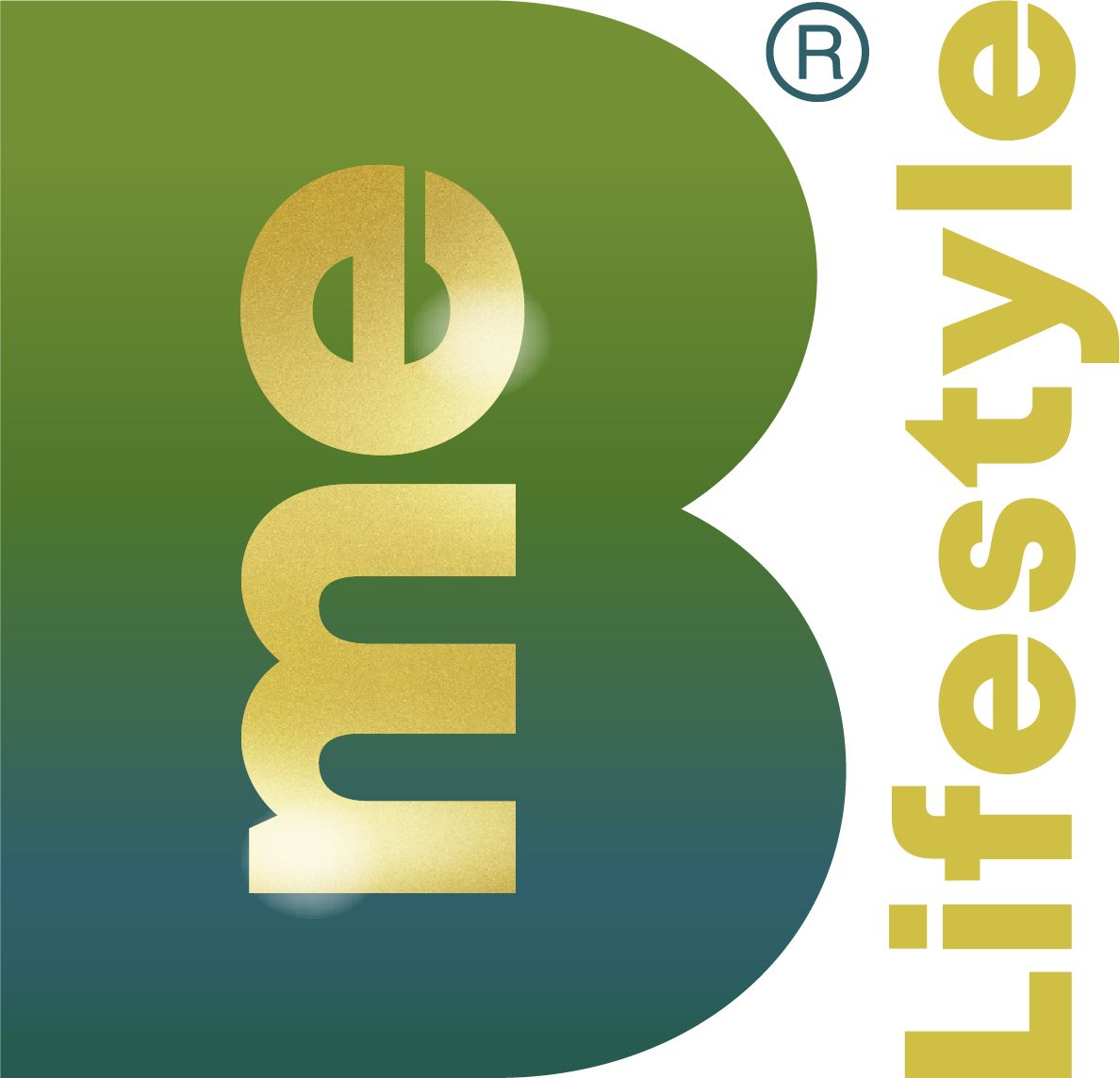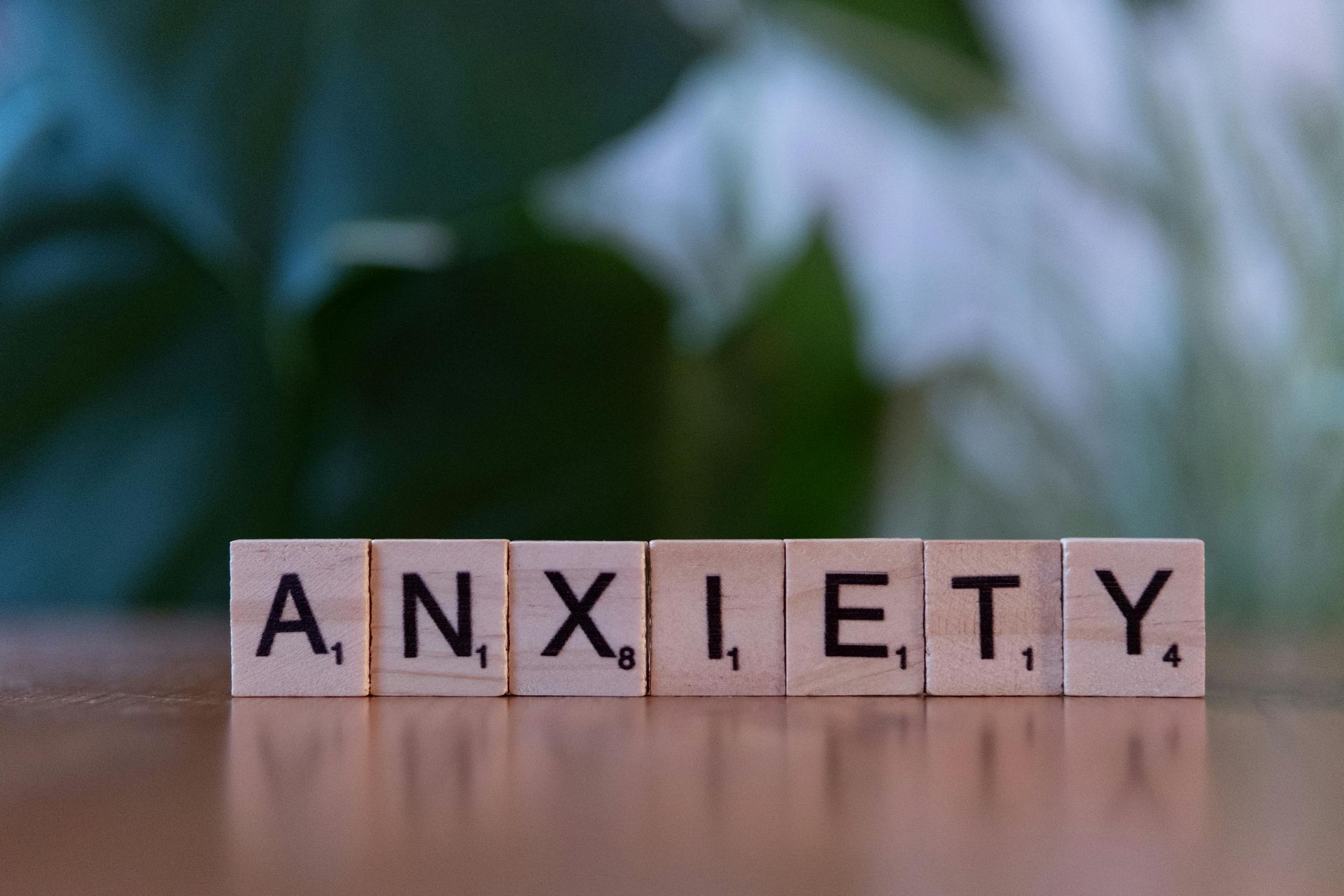Meditation guide for beginners
Beginner Meditation Tips
In this day and age when most of us have now become human "doings" rather than human "beings" and it is important more that ever that we reprioritise our lives and find a spare moment to pause, reflect and reconnect. Meditation is a fantastic way to do that.
Constant doing and living in a "stress mode" leads to physical, mental and emotional strain and to a miserable existence.
I am sure you want to remember your life as being fun, joyful and happy when you are in your golden years and are looking back at the life you've had.
However research shows that when you are distracted, stressed and worried then you are not living in the present moment and therefore can't create happy memories. Your brain simply doesn't work that way. It would rather forget, than remember, the troubled times.
What you are creating are holes in your memory databank, which means you won't really remember your life.
For me, when I exit this life, I want to leave feeling like I really lived my life and was present in every single moment of it and I made the most of it. Tick tock!
Time is fleeting and living a conscious and aware life should be our number one priority.
It doesn't mean you need to stop what you are doing. It is not the "what" you are doing that is the problem, but the "how".
So let's see what we can do about it.
Meditation can teach you how to approach life events - either good or not so great - from a place of gratitude, peace and calm. It can help abolish stress with practice as it helps rewire your neurology and biology to experience grounded and peaceful emotions, even in the face high stress.
Not Sure How To Start Meditating?
To make meditation part of your life first it requires a genuine desire and your commitment to practising, no matter what.
The "doing" part is easy as there are many ways you can meditate, but realy committing to your decision to meditate every day can be tricky.
Why? Because for most, our focus is not disciplined and we get easily distracted living in an environment that constantly competes for our attention. And you must be aware of it. You must try to control your focus and where your attention goes.
And this feat in itself is meditation. Knowing when your focus has drifted and bringing it back is by definition meditation.
So I invite you at the beginning of everyday to set your intention or focus for that day.
Just focus on one thing.
Say you can focus on your breath - just observe your breath during the day. Now go about your day and notice how many times your focus moves from your breath, and then make the choice to refocus and recommit to following your breath.
This will disciple your focus and bring resilience and teach self control which we all desperately need.
Another simple way to start meditating involves nature.
Made the choice to stop doing what you are doing whenever you feel stressed, anxious, angry, frustrated, impatient and so on. All of these are emotional states that deplete your energy.
Chose to stop and look intently at nature. The tops of the trees, or a flower on the street.
Look at it as it moves, observe the colours, shapes, sounds and smells. Take it all in and for that brief second let go of everything and simply connect with that flower or experience, and breathe the stress and negativity you are experiencing out of your body.
Keep practising this and in time you can build the neurology for health and wellbeing.
These small breaks are important because it is not enough the meditate once or twice a day and be a stressed wreck for the rest of the day. Being in a present, meditative and grateful state is what makes the difference to your physical, mental and emotional health. So start here.
Getting Into Mediation Routines
If you have more time on your hands then morning and night time meditations are indeed great times for us to really pause and go deep within.
Go home to our SELF to receive insights and release the stress and worry of the day.
As a beginner try the following morning meditation approaches:
- Simply use a meditation app and follow a guided meditation
- Sit at the edge of your bed with your feet and legs uncrossed and breathe into the chest, not the stomach.
- Breathe for 5 seconds in and 5 second out all through your nose. Do this for 5 minutes while observing your breath.
- If you have no time to sit alone in your home, try Walking Meditation - while doing your morning walk (it could be on your commute or just around the block) focus on your breath and breathe for 5 seconds in and 5 second out all through your nose.
At night it is important to release the stress of the day. You can do this by:
- Doing gentle stretches while focusing on your breathing. Breathe for 5 seconds in and 5 second out all through your nose.
- Doing a body scan meditation or progressive muscle relaxation scan - use an app and follow instructions
As you become more consistent with doing these more basic meditation approaches you can move onto more advanced practises.
are struggling with meditation?
Often if you have experienced trauma you may find meditation and breathing in the heart and chest area a bit more challenging.
A lot of trauma gets stored in the chest and our brain tries to protect us from the pain of trauma by disconnecting us from our body and emotions.
When reconnecting to the body and starting to feel again this can be a very activating and scary experience for some.
If your mediation sessions do feel uncomfortable, you may want to consider trying sound therapy to help clear the trauma so you can continue to meditate and enjoy the health benefits it brings.
If this is you, please know it is normal and ask for support from a practitioner who specialises in trauma management.
Hope this was helpful and I wish good luck with your meditation journey.
Anca :)
Anca Vereen is a Psychotherapist, Sound Therapist,
Integrative Dietitian & Nutritionist and Breathing Coach who specialises in
stress management and creating a lifestyle where you can experience optimal physical, mental and emotional health.


